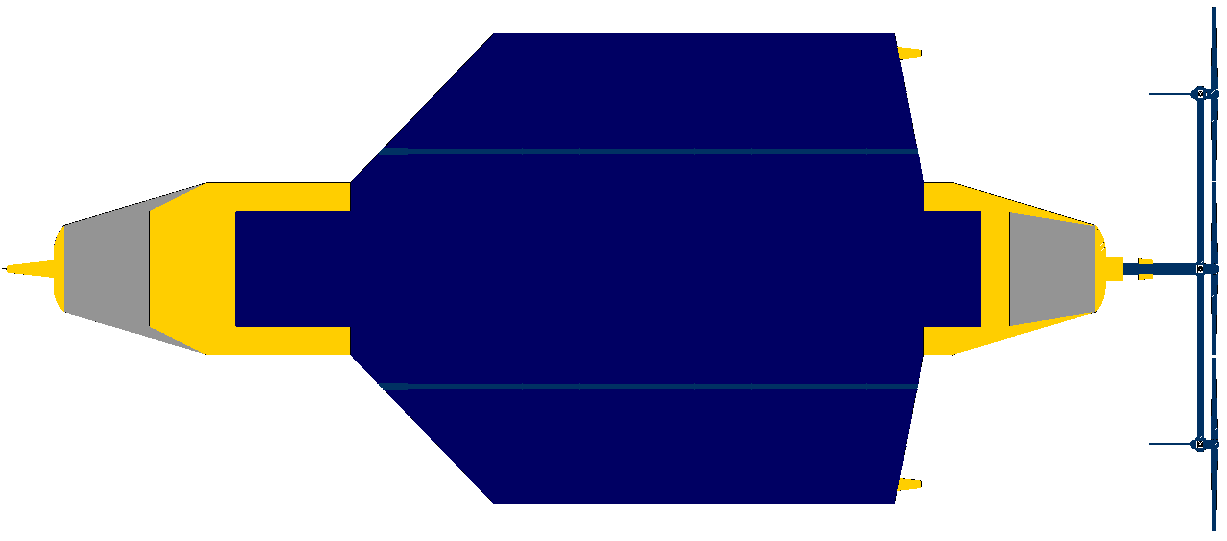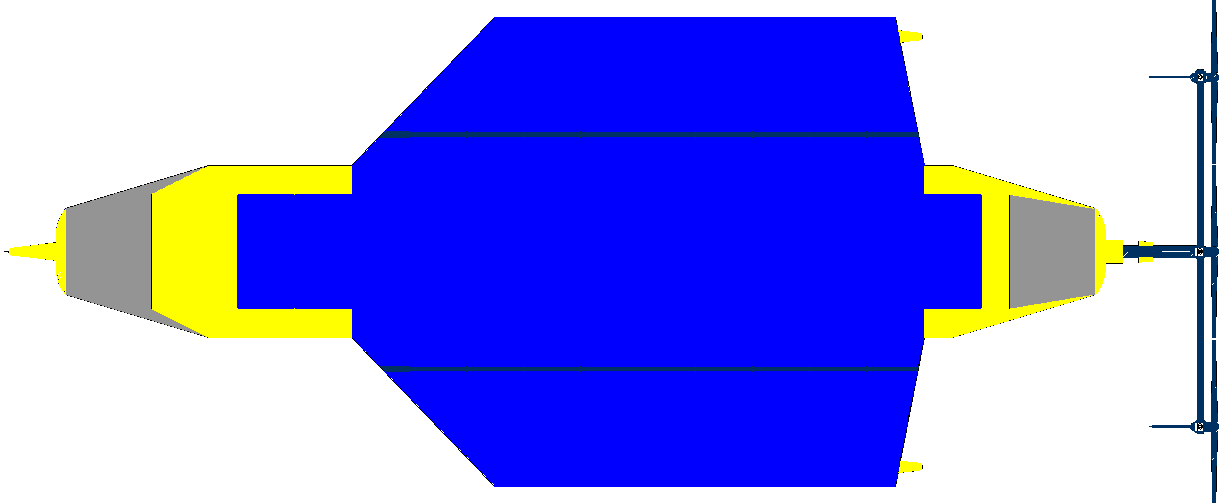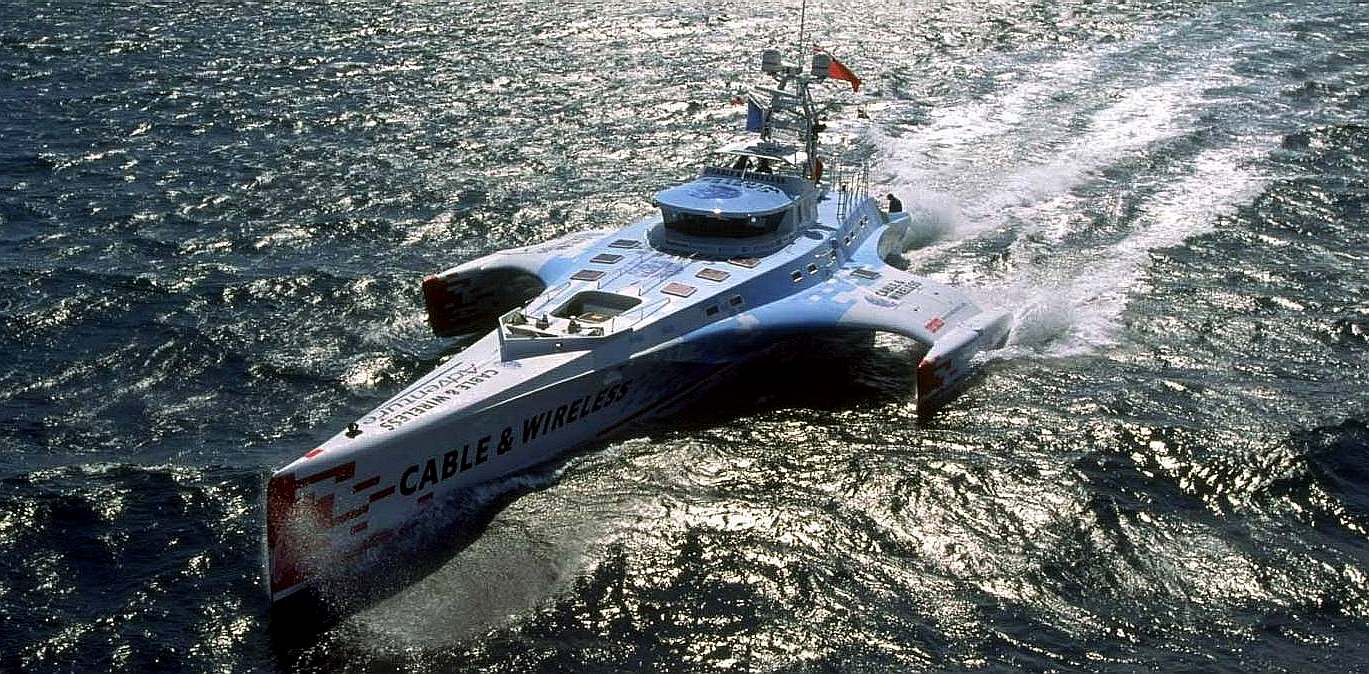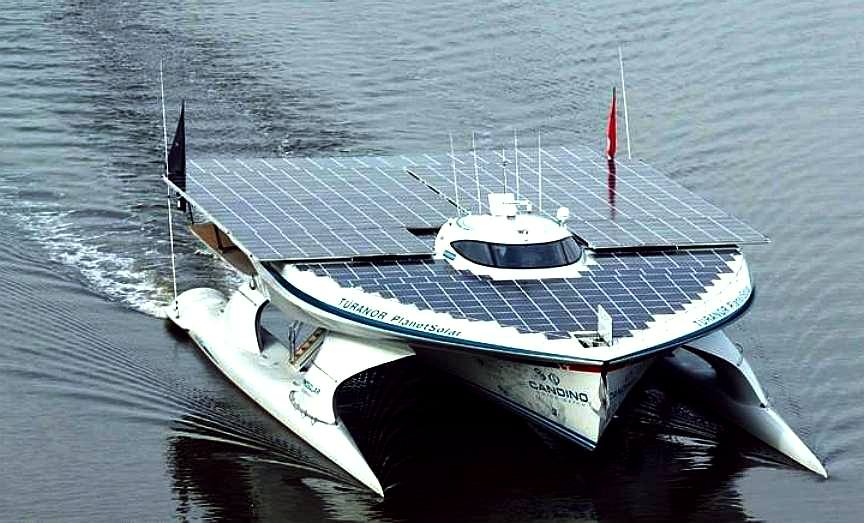|
MARINE FUEL TAX CLIMATE CHANGE MITIGATION
Please use our A-Z INDEX to navigate this site where page links may lead to other sites
|
|||||||||||||||||||||||||||||||||||||||||||||||||||||||||||||||||||||||||||||||||||||||||||||||||||||||||||||||||||||||||||||||||||||||||||||
Scrappage schemes are used by Governments all over the world in connection with automobiles they want to replace with new, more efficient transports. We are suggesting the introduction of a scrappage programme allied to a tax on marine internal combustion engines, or coal fired boilers.
MARINE FUEL TAX
Cargo and passengers that are delivered via internal combustion diesel or LNG engines could be subject to an international (Climate Change) tax on gallons of fuel used, which tax will go toward building up a fund for scrappage trade-ins.
The only difference between this Tax and other Taxes is that the fund may not be used for any other purpose except the stated objective - with full accountability and transparency. This condition being to prevent signatory countries diluting the plan.
The idea would be to make it financially attractive to swap old vessels that burn a lot of fuel for new vessels that may not use any fuel for combustion engines at all.
Even the latest LNG vessels will be nearing the end of their working lives by 2050, and may become trade-ins as their usefulness wanes.
CLIMATE CHANGE CHALLENGE - "SUNSHINE" ROUTE
CLIMATE CHANGE CHALLENGE - The above table illustrates one of the most likely ocean awareness expedition routes, known as the 'Sunshine Route,' showing the time elapsed in days for 7 knots average cruising speed, including times for 5 and 6 knot averages - allowing for 10% downtime and 36 days in ports. Hence, although the objective is to reduce the current solar circumnavigation record from 584 days, the event in not an outright non-stop yacht competition in the offshore racing sense. It remains to be seen how accurate such a prediction might be. In this table we only allowed 36 days for provisioning and PR but added a 10% contingency for servicing, that could be used for additional time in ports. As a Climate Changing event, performance is one of the main criteria, especially concerning the possibilities for a transition to low carbon shipping and the contribution this might make in combating global warming. UK project team.
It is suggested that such a tax might go live from 2030, after which time zero carbon or hybrid vessels may be built to replace the current fleet of cargo ships, as the older transports reach the end of their 20 year useful working lives.
CONTACTS
Cleaner Ocean Foundation & Bluebird Marine Systems Ltd Solar Studios BN271RF United Kingdom growth@blue-growth.org
LINKS & REFERENCES
http://www.blue-growth.org
STABILIZED MONOHULL - The diesel powered Cable and Wireless Adventurer was built for the purpose of circumnavigating the world in less than 80 days. This was successfully accomplished in July 1998 in 74 days, 20 hours, 58 minutes, traveling more than 22,600 nautical miles (26,000 miles or 41,855 km). This achievement set a new Guinness World Record for a diesel powered vessel. The nautical mile or knot, is a unit of speed equal to approximately 1.15078 miles per hour on land (1.852 km).
GUINNESS BOOK OF RECORDS - MS Turanor PlanetSolar (Switzerland) navigated the world in a westward direction from Monaco in 1 year 7 months and 7 days from 27 September 2010 to 4 May 2012. We wonder why nobody has attempted to improve on this design, to challenge the record in the intervening seven years.
Please use our A-Z INDEX to navigate this site
|
|||||||||||||||||||||||||||||||||||||||||||||||||||||||||||||||||||||||||||||||||||||||||||||||||||||||||||||||||||||||||||||||||||||||||||||
|
This website is provided on a free basis as a public information service. copyright © Climate Change Trust 2019. Solar Studios, BN271RF, United Kingdom.
|




